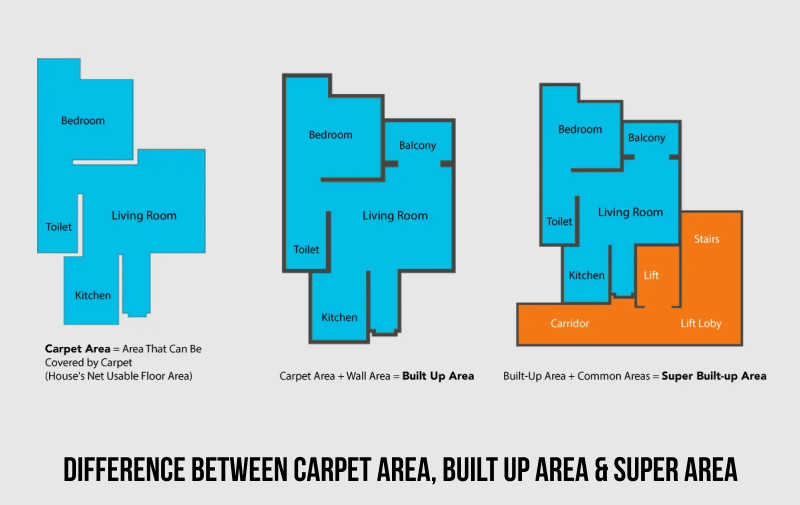What is the difference between Fixed Price Contracts and Cost plus Contracts?
 Construction contracts are the contracts negotiated and entered into by and between the developer(s) and the construction contractor(s) for construction of a particular project or set of projects. These contracts are mainly of two types-Fixed Price contracts and Cost plus contracts.
Construction contracts are the contracts negotiated and entered into by and between the developer(s) and the construction contractor(s) for construction of a particular project or set of projects. These contracts are mainly of two types-Fixed Price contracts and Cost plus contracts.
Fixed Price Contracts
Under this type of contract, the construction cost of the entire project or of per unit is fixed. In some cases it may be with the cost escalation clause and in some cases it may be without cost escalation clause. The same methodology is applied in the contract between the chief contractor and other sub-contractors engaged in the project for various works. The advantage of this type of contract is that all the parties involved in the project can budget the cost and rely on it.
Cost plus Contracts
In this type of contract the allowable construction expenses are reimbursed to the contractor and a predetermined percentage of profit is also paid to him.
Cost over runs are very common in construction industry and it may happen due to various reasons such as delay in completion, escalation in prices of material and labour cost, fund constraints etc. This risk can be minimized by fixed price contracts, but it always does not work to the benefit of the developer or the contractor. Sometimes the developer gets the benefit of accurate budgeting but the contractor may bring down the construction cost and reap the benefit.
Fixed Price contracts are again of 2 types-
(1) Firm Fixed Price Cost and (2) Fixed Price with Economic Price adjustments.
Similarly, Cost Plus Contracts are also of 2 types-
(1) Cost plus contract without fee and (2) Cost plus fixed fee.
As the respective names suggest the implications of the aforesaid contracts vary based on the type of the contract and will be discussed in another article.
 |
This article is contributed by -IndianPropertyLawyers, simplifying property
|







